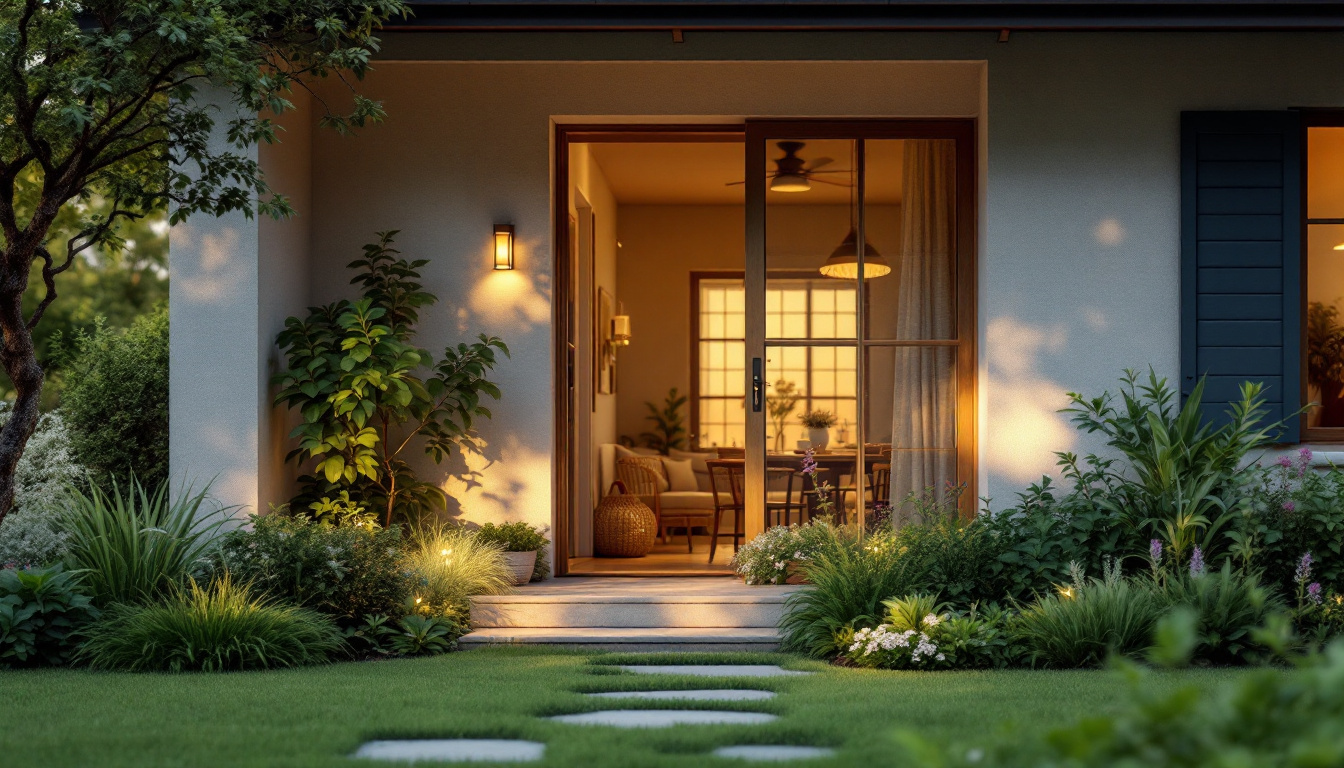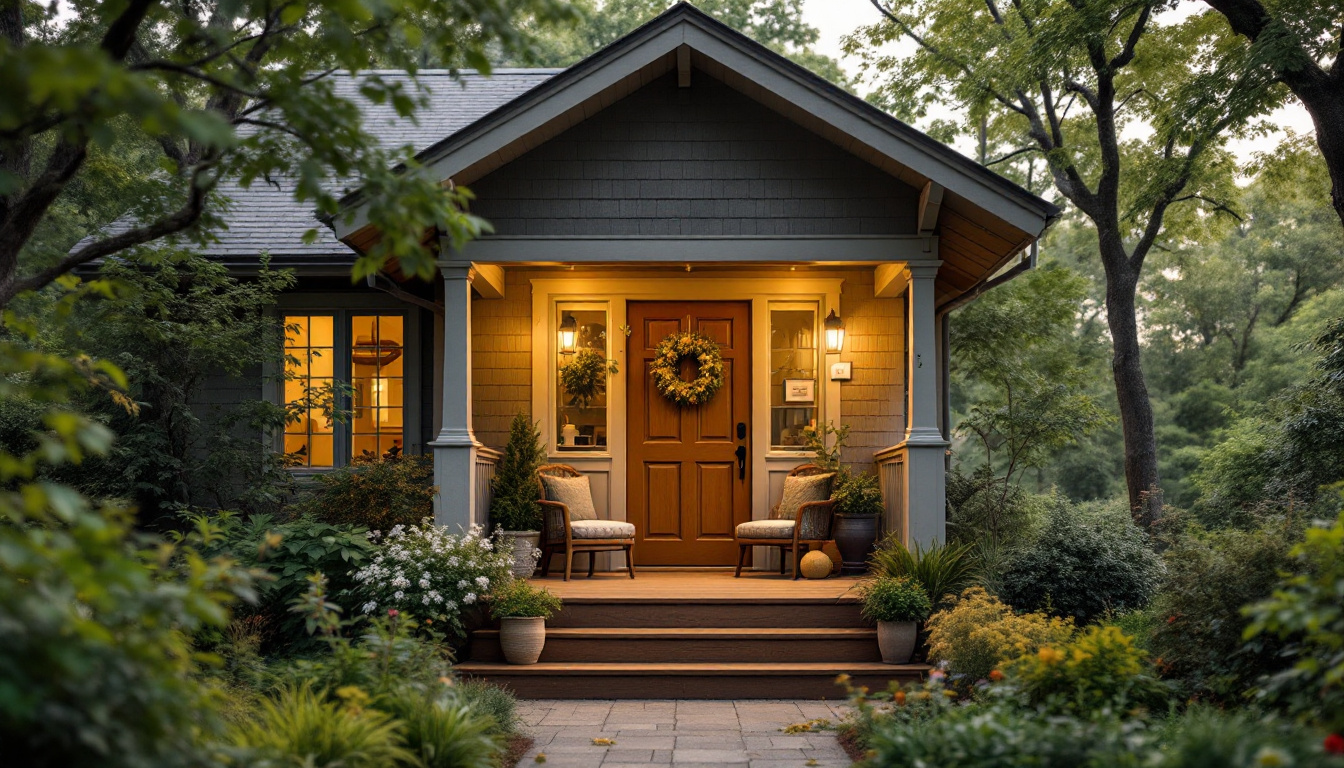Discover the worst dog breeds for seniors and uncover safer, senior-friendly alternatives.
March 2, 2025

The bond between seniors and their furry friends is a special one. Dogs not only provide companionship but also offer numerous health and wellness benefits. However, when it comes to choosing the right canine companion for seniors, there are several factors to consider.

Dogs are known to provide a variety of benefits to their human companions. For seniors, these benefits are particularly profound. They provide companionship, which can significantly alleviate feelings of loneliness and isolation. Dogs can also help to instill a sense of purpose and routine, as they require regular feeding, exercise, and care.
From a physical health perspective, having a dog can encourage regular exercise and outdoor activity, which can aid in maintaining mobility and cardiovascular health. Interacting with dogs can also have a positive impact on blood pressure and stress levels.
Mentally, dogs can offer comfort and reduce anxiety. The responsibility of caring for a pet can also help to keep the mind sharp and engaged.
While the benefits are numerous, it's also important to understand the considerations when choosing a dog for a senior. Not all dog breeds are ideally suited for seniors. Some breeds require high levels of exercise and mental stimulation, which may be difficult for some seniors to provide.
Physical strength and agility are important factors to consider. Large or energetic dogs can inadvertently cause injury through pulling on the leash or jumping up. Grooming needs are another consideration, as some breeds require regular professional grooming, which can be costly and physically demanding to maintain.
The temperament of the dog is also critical. Some breeds are known for their calm and patient demeanor, making them excellent companions for seniors. Others may be more independent, stubborn, or energetic, which can pose challenges.
The key is to understand the needs and limitations of both the senior and the potential canine companion. This understanding will help to ensure a happy and beneficial relationship. In the upcoming sections, we'll delve into the challenges of owning certain breeds, explore some of the worst dog breeds for seniors, and suggest alternatives that may be more suitable.
When it comes to selecting a canine companion for seniors, several factors play a crucial role in determining the suitability of the breed. Below are some key considerations to keep in mind when searching for the perfect fit.
The size and activity level of a dog are paramount factors that should be considered while choosing a dog for seniors. Large breeds can be challenging to manage, especially if they are high-energy or require extensive exercise. On the other hand, small breeds are easier to handle and generally require less space and exercise.
However, the activity level isn't solely determined by size. Some small breeds are high-energy and demand a lot of playtime, while some larger breeds are less active. Therefore, when considering a dog's size and activity level, it's critical to look at the breed's nature and general behavior rather than just physical dimensions.
| Size | General Activity Level |
|---|---|
| Small | Moderate to High |
| Medium | Moderate |
| Large | Low to Moderate |
Another important factor to consider is a dog's grooming needs. Some breeds require frequent bathing, haircuts, and brushing, which can be time-consuming and physically demanding for seniors. For this reason, low-maintenance breeds with minimal grooming requirements might be more suitable for elderly owners.
| Breed Type | Grooming Needs |
|---|---|
| Short-Haired | Low |
| Long-Haired | High |
| Hairless | Moderate |
Finally, the temperament of a dog and its ease of training are significant factors to consider. Breeds known for their stubbornness or aggression might not be the best fit for seniors. In contrast, breeds with a friendly disposition and a willingness to learn could make better companions.
It's worth noting that the temperament and behavior of a dog can also be influenced by its upbringing and training. Therefore, it's essential to consider the dog's individual personality and past experiences, in addition to its breed characteristics.
| Temperament | Training Difficulty |
|---|---|
| Friendly | Easy |
| Aggressive | Hard |
| Stubborn | Moderate |
In conclusion, the worst dog breeds for seniors might be those that are large, high-energy, require extensive grooming, or have challenging temperaments. It's important to consider these factors and choose a dog that aligns well with the lifestyle and capabilities of the senior person.
While dogs can bring immense joy and companionship, owning certain breeds can pose challenges, especially for seniors. It's important to consider these challenges when determining the worst dog breeds for seniors. Some of these challenges come from high-energy breeds, large and powerful breeds, and aggressive or territorial breeds.
High-energy breeds require significant exercise and mental stimulation to maintain their health and happiness. These breeds often need several walks a day, along with playtime and training exercises. This can be a challenge for seniors who might not have the physical capability to keep up with a dog's high energy levels.
High-energy breeds can include Border Collies, Australian Shepherds, and Jack Russell Terriers. These dogs are known for their intelligence and athleticism, but without adequate activity, they can develop behavioral problems such as excessive barking, chewing, or digging.
Large and powerful breeds, on the other hand, might be physically demanding for seniors. Breeds like the Saint Bernard, Great Dane, and Rottweiler are known for their size and strength. While they might not require as much exercise as high-energy breeds, their sheer size can make them difficult to manage.
For instance, a large dog pulling on a leash could lead to falls or injuries. Similarly, these breeds often require more food, larger living spaces, and can be more challenging to transport due to their weight and size. All these factors can pose challenges for seniors.
Lastly, aggressive or territorial breeds can also pose challenges for seniors. While any dog can show aggression or possessiveness, certain breeds are more prone to such behavior due to their historical roles. Breeds such as the Akita, Chow Chow, and Pit Bull Terrier can be protective and standoffish with strangers if not properly socialized from a young age.
These behaviors can be a challenge for seniors, especially those living in community settings where their dog will frequently encounter unfamiliar people. Also, managing and training an aggressive or territorial dog requires a level of physical strength and assertiveness that some seniors may lack.
While these breeds are not inherently bad, they may not be the best fit for seniors due to the physical and mental demands they require. It's crucial to consider these factors when choosing a dog for a senior to ensure a good fit for both the dog and the owner.
Certain dog breeds may not be the best fit for seniors due to factors such as their high energy levels, large size, or challenging temperaments. Here are three breeds that tend to fall into the category of 'worst dog breeds for seniors'.
Siberian Huskies are known for their beauty and friendly demeanor, however, their high energy levels and need for extensive exercise can make them a challenging choice for seniors. Huskies require a lot of physical and mental stimulation to stay happy and healthy. They also have a thick double coat that requires regular grooming, which may be difficult for seniors with mobility issues.
Border Collies are highly energetic and intelligent dogs, often considered the most active of all breeds. They require regular intellectual stimulation and vigorous exercise, which may be too demanding for some seniors. Collies also have a tendency to herd, which can lead to nipping at heels and chasing, behaviors that could potentially be hazardous for seniors with balance issues.
Rottweilers are a powerful breed, and while they can be loyal and protective, their size and strength can be overwhelming for seniors. Rottweilers require strong leadership and consistent training to ensure they are well behaved. Without proper training, they can become too protective, which could lead to aggressive behaviors. These factors, combined with their physical strength and size, make them a less suitable choice for seniors.
It's important to note that individual dogs within a breed can exhibit different behaviors and characteristics, so these generalizations may not apply to all dogs of these breeds. However, considering the general traits of these breeds can be a helpful starting point when considering what type of dog might be the best fit for a senior.
While certain breeds may not be suitable for seniors due to their size, energy levels, or temperament, there are many other breeds that could make wonderful companions for older adults. When choosing a dog, seniors should consider breeds that are small and gentle, low-maintenance, and known to be friendly towards older individuals.
Smaller breed dogs can be easier for seniors to manage, both in terms of physical needs like grooming and walking, and also in terms of their often gentler temperaments. Breeds such as the Shih Tzu, Bichon Frise, and Cavalier King Charles Spaniel are known for their friendly and gentle nature, making them ideal companions for older adults.
| Breed | Characteristic | Average Size |
|---|---|---|
| Shih Tzu | Friendly, gentle | Small |
| Bichon Frise | Affectionate, good-tempered | Small |
| Cavalier King Charles Spaniel | Sociable, affectionate | Small |
For seniors, a dog that requires minimal grooming and has a generally calm temperament can be an excellent choice. Breeds like the French Bulldog, Pug, and Boston Terrier are known for their low-maintenance needs. These breeds require minimal grooming, have moderate exercise needs, and are known for their friendly and easygoing nature.
| Breed | Maintenance Level | Exercise Needs |
|---|---|---|
| French Bulldog | Low | Moderate |
| Pug | Low | Moderate |
| Boston Terrier | Low | Moderate |
Certain breeds are known for their affinity for older adults and can make especially good companions for seniors. Breeds like the Poodle, Maltese, and Beagle are known to be senior-friendly. These breeds are often gentle, easy to train, and are typically content with shorter walks and less physical play.
| Breed | Temperament | Senior-Friendly |
|---|---|---|
| Poodle | Intelligent, easy to train | Yes |
| Maltese | Gentle, playful | Yes |
| Beagle | Even-tempered, amiable | Yes |
When choosing a dog, it's important to match the dog's needs and temperament with the individual's lifestyle and capabilities. Seniors should consider their physical abilities, lifestyle, and personal preferences when selecting a breed. Always remember that every dog is an individual and, regardless of breed, their behavior can be influenced by a variety of factors including socialization, training, and experiences in their early life.
[1] https://www.sciencedirect.com/science/article/abs/pii/S0168159124000121
[2] https://anticruelty.org/pet-library/golden-years-caring-your-senior-companion
[3] https://www.barkbusters.com/news/a-seniors-guide-to-selecting-owning-a-dog/
09:00 AM - 06:00 PM
Monday - Friday
2488 Grand Concourse Suite 409, Bronx, NY, 10458
T: 718-305-5858
F: 718-305-6258
1 Smith Street, 3rd Floor, Brooklyn, New York, 11201
T: 718-305-5959
F: 718-305-6259
2361 Nostrand Ave Suite 401 Brooklyn, NY 11210.
T: 718-305-6060
F: 718-305-6260
576 Central Ave # 301, East Orange, NJ 07018
433 Woodbury Glassboro Road Sewell, NJ 08080
1172 Fischer Blvd, Toms River, NJ 08753
T: (973) 678-5500
njinfo@h2hhc.com








